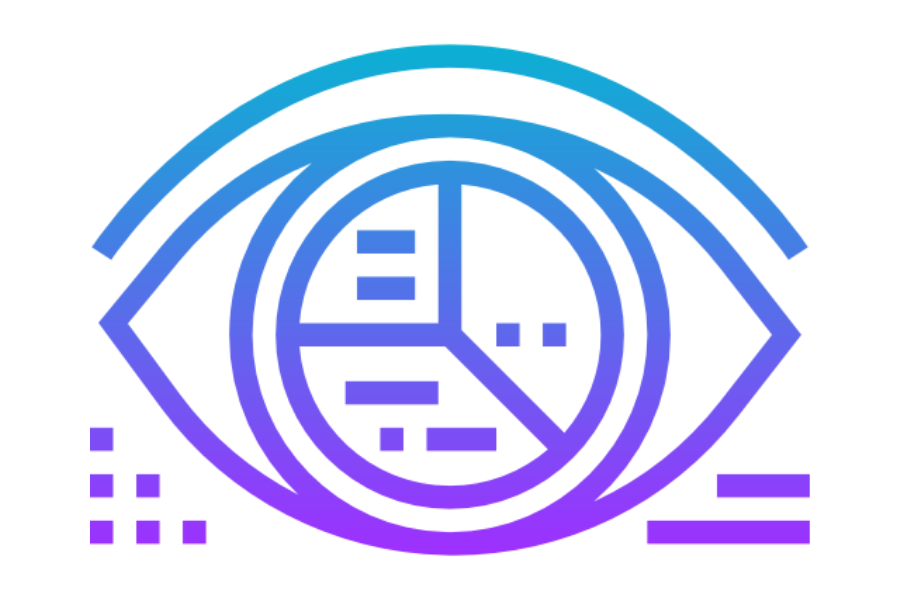Without a doubt, the nature of work is changing in many visible ways. Tools we use communicate and collaborate every day, from smartphones to Google Docs and Salesforce, did not exist 20 years ago. Many tech workers rely on an even newer wave of tools, like Slack, Figma and Notion, that did not even exist five or so years ago. At the same time, 25-30% of the US population are gig workers in some form—representing an entirely new model for work that did not exist 10 years ago.
Yet these visible changes represent only a part of what is changing. In order to understand the future of work, we should take a broader and more systemic view, including of structural changes that are less immediately visible.
Remixing Work analyzes the development of the future of work at four levels:
- Underlying forces and megatrends: How are fundamental technology innovations and economic megatrends like rising income, globalization, automation shaping our working world? How do they intersect with new or existing consumer and employee preferences?
- Market structure: How is industry structure changing? How is the role of scale different today, how are value chains changing, and what are implications for startups and existing companies?
- Firm design and management: How are new technologies and management practices changing how we organize and operate at work? What new types of firms are emerging from the changing industry structures?
- Individual careers: What are the implications for career paths and education?
These levels are distinct but also highly interrelated.
For example, underlying forces and new technologies are changing the market structure of most industries. In many industries like the internet and retail, the largest players have a scale that never existed before and those largest players are gaining share. In the 15 years from 1997 to 2012, the market share of the 4 largest retail firms nearly doubled from 7.9% to 13.5%. At the same time, completely new business models are possible for small, niche players, e.g., top YouTube influencers who earn more than $10M per year. In contrast, the prospects for the mid-scale players in these markets is somewhat grim. This represents the emerging barbell structure of many industries--massive scale on one end and micro scale on the other.
These market dynamics have led to new opportunities for firms and individual careers. At the intersection of the internet and retail, online retail is a canonical example: Shopify has built a hugely successful business powering the long tail of online retail. It provides all the key infrastructure needed to start an online store quickly, cheaply and with little risk. It has enabled all kinds of niche businesses to launch—everything from Christian jewelry to menswear styles of clothing with cuts for women—and they now have more than one million merchants on their platform. If you have bought anything from a niche online brand, you likely have purchased from a Shopify-powered store.
Not every Shopify store is profitable enough or sustainable enough to live on, but there are plenty of examples of success, like achieving $1M in sales within 8 months of launching. This possibility has unlocked new career choices for individuals, e.g., creating a niche consumer brand and starting an online store. That type of career has very different education implications from a traditional career in retail—different skills and knowledge are needed and traditional credentials aren't important.
The specific dynamics and implications are different across industries, but the importance of understanding this interplay between levels—economy, market, firm and individual—is universal for analyzing the future of work.
In some ways the future of work is already here, but there is far more to come. If this topic is interesting to you, follow this page for future posts and sign up for my weekly newsletter to get the latest analysis on these topics plus a curated selection of relevant information and content.
The next post will look at ghost kitchens—the latest entrants in the value chain helping deliver food at the push of a button.
I'd also love to hear what thoughts or burning questions you have about the future of work—send me a note.
Post image made by Eucalyp from www.flaticon.com

